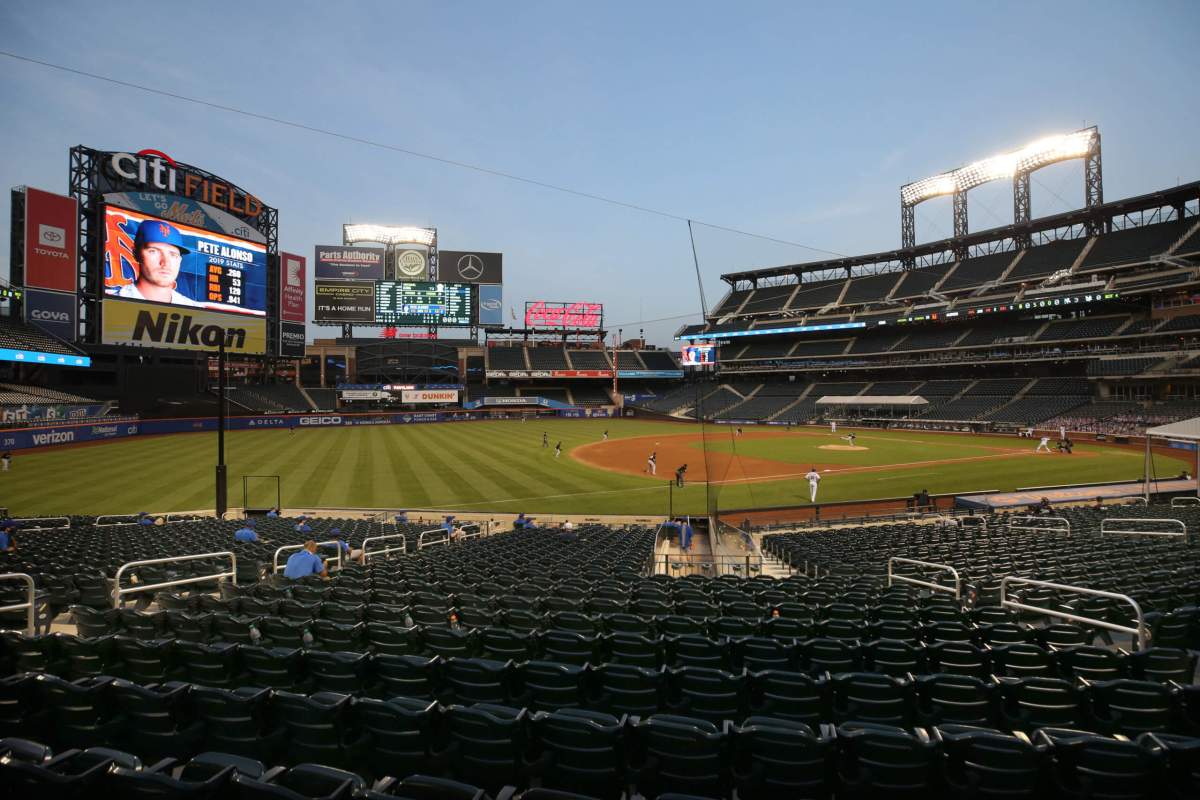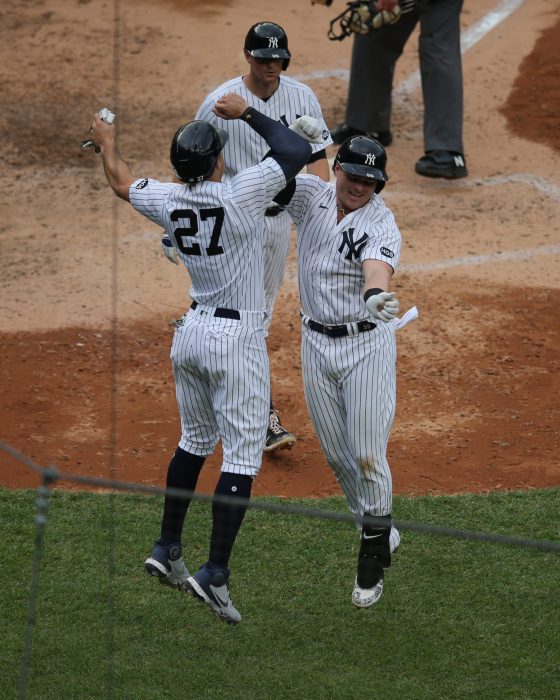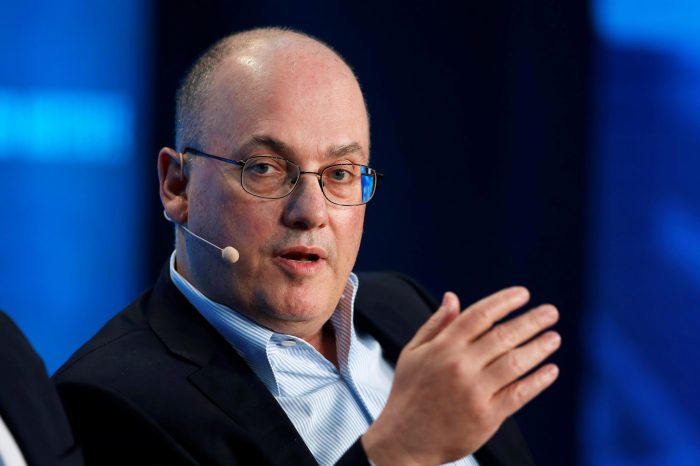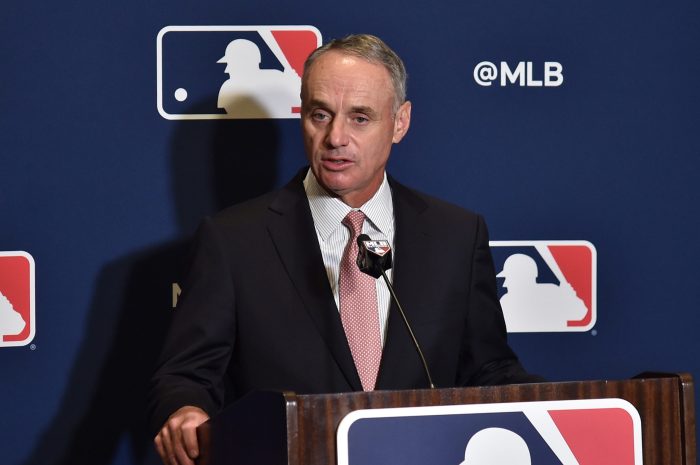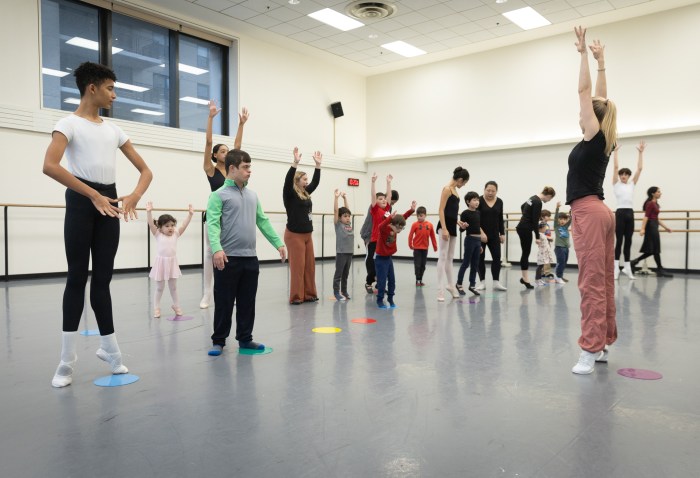Rejoice, baseball fans: Major League Baseball will start on time after the players’ union (MLBPA) rejected the league’s proposal of delaying the season by one month, which also had expanded playoffs and the universal designated hitter connected to it.
It’s now full speed ahead to Feb. 17 when pitchers and catchers report for spring training before an April 1 Opening Day.
Hope it was worth it.
Relations between the league and players’ association continue to deteriorate, which only spells disaster for next offseason when the Collective Bargaining Agreement (CBA) expires and a new one has to be worked out.
In its most basic sense, a CBA is a legal contract between an employer and a union representing the employees, which is a result of both parties successfully negotiating vital aspects such as wages and benefits along with the terms and conditions of employment. It’s imperative that both sides come to an agreement on a new one next winter or else we could see a work stoppage or players strike as we did in 1994 or 1981.
Over the last eight months, we’ve seen Major League Baseball and the MLBPA enter two-separate negotiations: The first on a return-to-play plan after spring training and the start of the 2020 regular season was canceled due to the COVID-19 outbreak and most recently one on the parameters of the 2021 season.
Both parties were unable to work out a resolution on their own in either instance, which is a foreboding conclusion considering the largest negotiations are coming up in a year.
And there’s no love lost between the two sides, either. Just listen to the language.
“This was a good deal that reflected the best interests of everyone involved in the sport by merely moving the calendar of the season back one month for health and safety reasons without impacting any rights either the players or the Clubs currently have under the Basic Agreement or Uniform Player’s Contract for pay and service time,” the league released in a statement. “In light of the MLBPA’s rejection of our proposal, and their refusal to counter our revised offer this afternoon, we are moving forward and instructing our Clubs to report for an on-time start to Spring Training and the Championship Season, subject to reaching an agreement on health and safety protocols.”
The league and the owners wanted to delay the start of the season by one month and cut it down to 154 games — all while giving the players their full pay — to allot more time for the country to get the pandemic under control and for players and staff to get the vaccine. Most importantly to them — though they’ll never admit — is that it provided more of a chance that fans could get back in the ballpark to provide revenue after the league and its teams lost a combined $3 billion last year.
Granted, they could have made an official proposal much earlier, say, in December, when reports initially surfaced that some club owners and executives wanted to push things back.
“Late last week, the MLBPA for the first time this offseason received a proposal from MLB to delay Spring Training and Opening Day by approximately one month,” the union’s statement read. “Under the proposal, the end of the season would be delayed one week, the regular season would be shortened to 154 games and all thirty teams would be required to play several doubleheaders. Players would also be required to accept previously rejected proposals that link expanded playoffs with expansion of the designated hitter.
“Although Player salaries would not be initially prorated to a 154-game regular season, MLB’s proposal offers no salary or service time protections in the event of further delays, interruptions, or cancellation of the season.”
The players want their guaranteed money and as normal a 162-game season as possible. Per The Athletic’s Ken Rosenthal, MLB’s proposal to the players “was hollow, considering that the CBA already calls for the same amount of pay, and that league refused to guarantee them compensation for canceled games.” A shortened compacted season also provides more wear and tear on the body due to the bump in doubleheaders constantly dotting the packed slate of games.
However, it appears as though they don’t mind putting the health and safety of themselves, their coaches, club employees, and umpires at risk. All to make sure they make a few more dollars.
Greed is prevalent on both sides while the fans are stuck in the middle, yearning for baseball. MLB and the MLBPA are now 0-for-2 on negotiations and with next year’s new CBA talks providing the most to lose, things are only going to get uglier for the national pastime.
Let’s just hope we’ll have baseball to show for it in 2022.



